November 11, 2009
More Song Writing
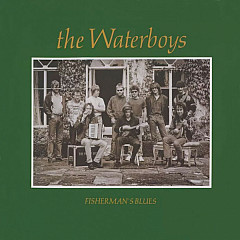
Armed with a childhood spent devouring books, Mike Scott's heart was stolen by the punk rock scene of 1977. Not surprisingly, he would go on to become the most literate of rockers.

Billy Joel and Hall & Oates hated making videos, so they chose a director with similar contempt for the medium. That was Jay Dubin, and he has a lot to say on the subject.
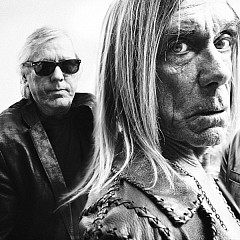
The Stooges guitarist (and producer of the Kill City album) talks about those early recordings and what really happened with David Bowie.

Since emerging from MySpace with her hit "Bubbly," Colbie has become a top songwriter, even crafting a hit with Taylor Swift.

Meshell Ndegeocello talks about recording "Wild Night" with John Mellencamp, and explains why she shied away from the spotlight.
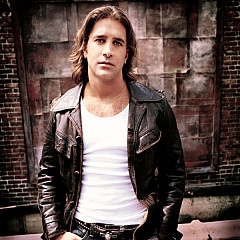
The Creed lead singer reveals the "ego and self-fulfillment" he now sees in one of the band's biggest hits.
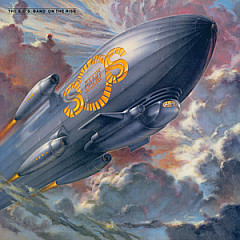
"Just Be Good To Me" by The S.O.S. Band was the first hit written and produced by Jimmy Jam and Terry Lewis, who worked on Janet Jackson's Control album a few years later. They were members of The Time, a group created by Prince.
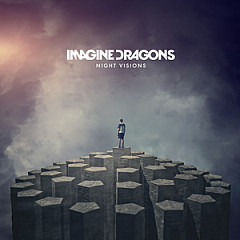
"Radioactive" set an industry record for the slowest climb to the top five in the Hot 100 chart's history when it jumped from #6 to #4 in its 42nd week.
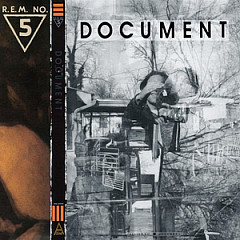
"It's the End of the World As We Know It (And I Feel Fine)" was inspired by a dream where Michael Stipe conjured up images of people with the initials L.B.: Lester Bangs, Leonid Breshnev, Lenny Bruce and Leonard Bernstein.
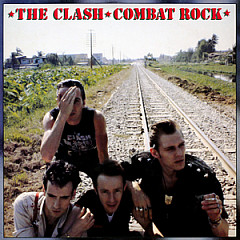
Barry Sonnenfeld, who would later direct the movies Get Shorty and Men in Black, was the director of photography on the "Rock the Casbah" video for The Clash.
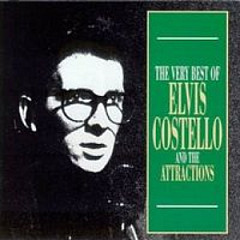
Lyrically, Elvis Costello's "Watching The Detectives" was inspired by American detective shows; musically, it was inspired by The Clash.
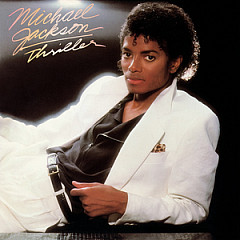
Vincent Price did the spooky narration on "Thriller." He was paid a flat fee of $20,000, turning down a percentage of the royalties that would have paid him far more.